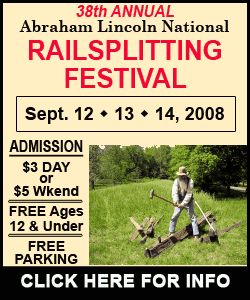| ||||||||
| ||||||||
"She asked me if I would object to censorship, and I replied 'Yup'," Emmons told a reporter. "And I told her it would not be just me. This was a constitutional question, and the American Civil Liberties Union would get involved, too." The Rev. Howard Bess, a liberal Christian preacher in the nearby town of Palmer, said the church Palin and her family attended until 2002, the Wasilla Assembly of God, was pushing to remove his book from local bookstores. Emmons told him that year that several copies of "Pastor I Am Gay" had disappeared from the library shelves, Bess said. "Sarah brought pressure on the library about things she didn't like," Bess said. "To believe that my book was not targeted in this is a joke." Other locals said the dust-up had been blown out of proportion. "That was many years ago and Sarah never had any intention to ban books," said David Chappel, who served as Palin's deputy mayor for three years. "There were some vocal people in the minority, and it looks like they're still out there." Jim Rettig, who heads the American Library Association based in Richmond, Va., suggested that lingering quarrel raises issues that are still relevant as librarians prepare to celebrate Banned Books Week later this month. "Librarians are very committed to the principles of the First Amendment of the Constitution and that means we don't allow one individual or a group of people to dictate what people can or cannot read," he said. "Most librarians, if they got that sort of a question, would be curious as to what the intent of the questioner was."
[Associated
Press;
Copyright 2008 The Associated Press. All rights reserved. This material may not be published, broadcast, rewritten or redistributed.
News | Sports | Business | Rural Review | Teaching & Learning | Home and Family | Tourism | Obituaries
Community |
Perspectives
|
Law & Courts |
Leisure Time
|
Spiritual Life |
Health & Fitness |
Teen Scene
Calendar
|
Letters to the Editor